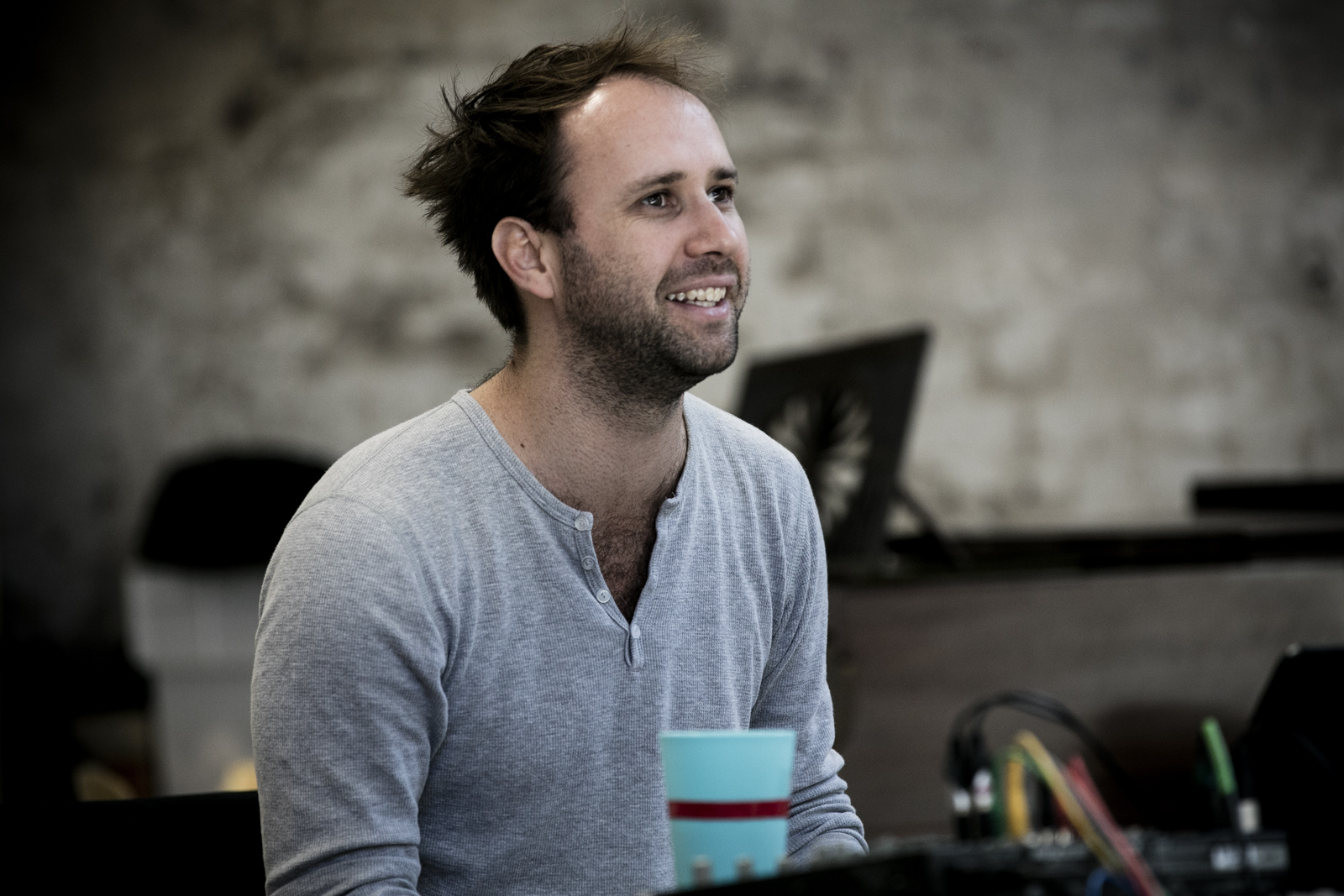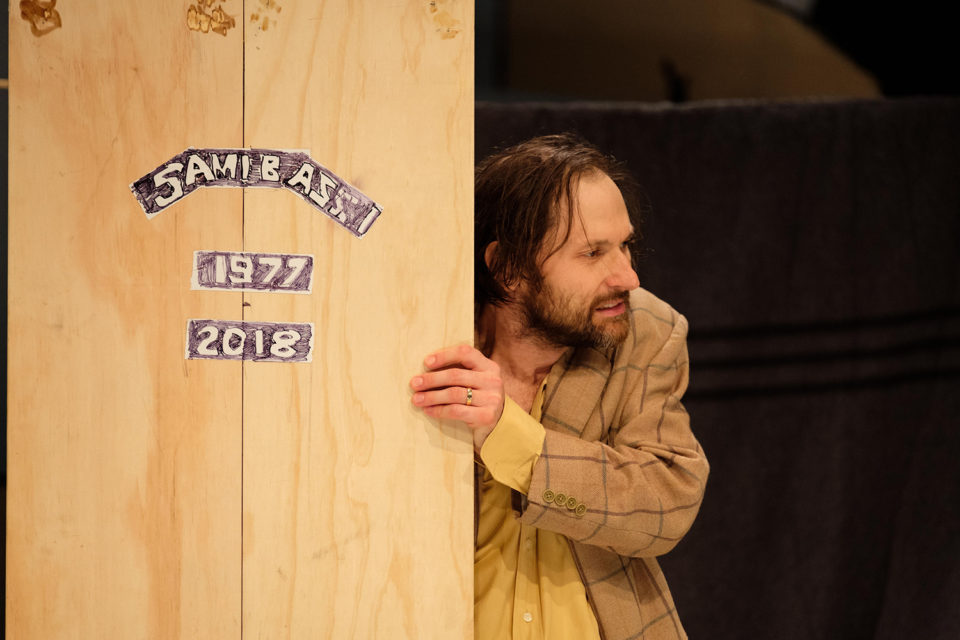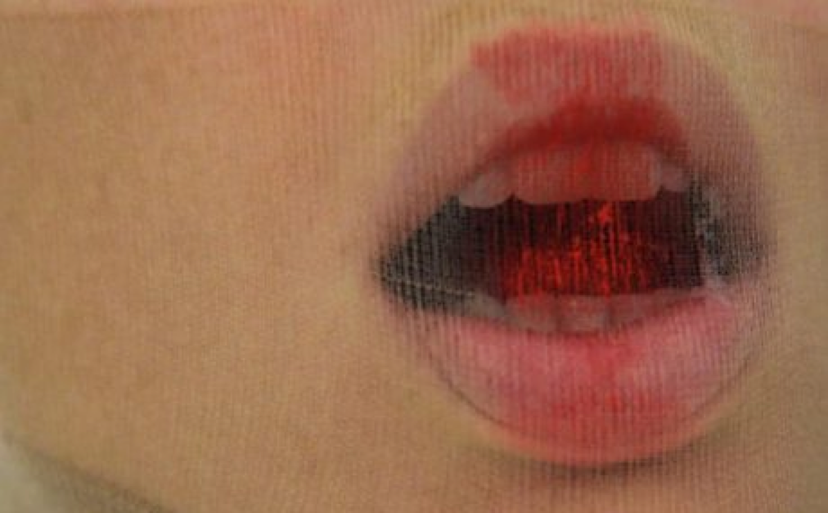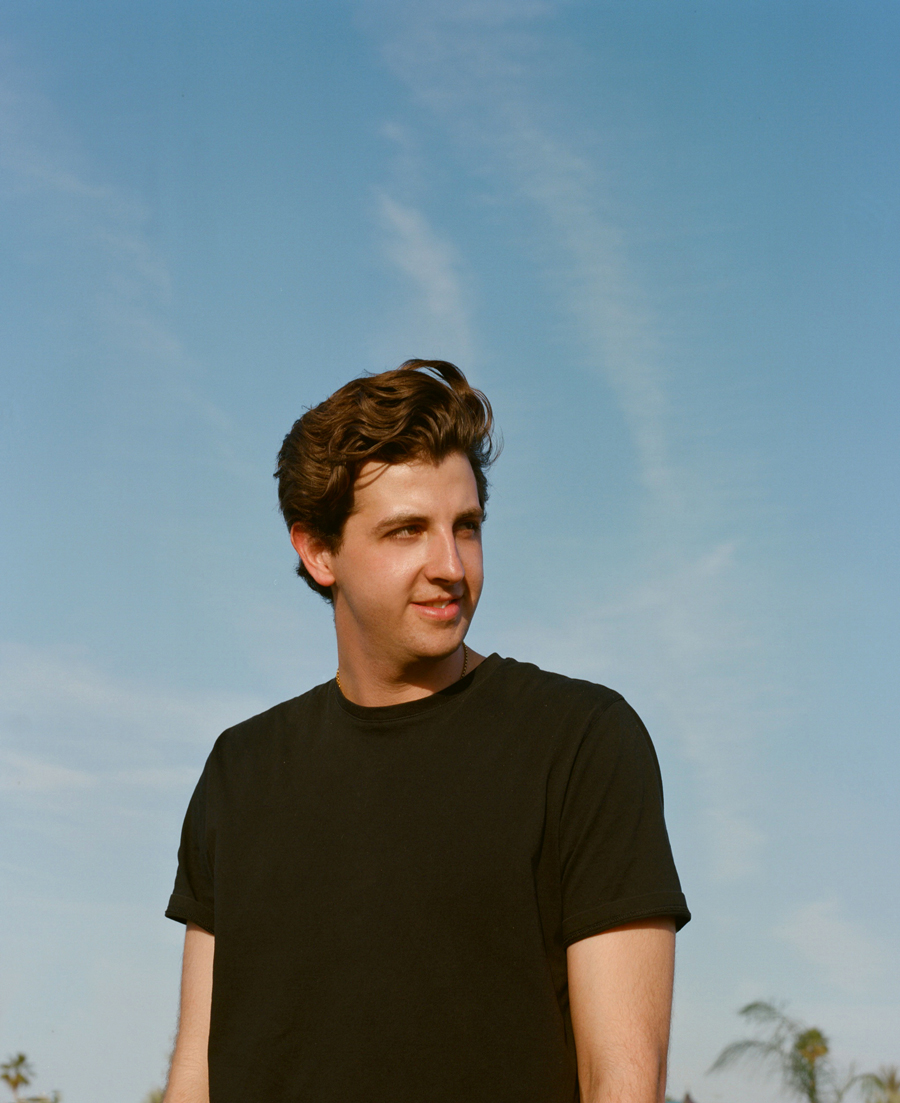From its earlier incarnation as the Nimrod Theatre right through its glory years as director Neil Armfield’s home base, the Belvoir theatre has been a cultural weather vane, a genuine dream space that has bridged Sydney’s alternative theatre with the mainstream.
Now into his third year as the company’s Artistic Director, 38-year-old Eamon Flack is aware of Belvoir’s grand mix of risk and tradition. “It’s got a history of being… ‘loose’ is not the word, but ‘bold’,” Flack says. “That’s built into the company’s DNA. And not so much just adventures of form, but adventures of content. Not just the how, but what stories are being told.” Of course, he admits, you get lead back “very quickly” to aesthetics and style, “but it’s about not starting with that. That quickly leads to a self-interested theatre.” And Flack wants to engage on a much bigger and broader social level than that kind of indulgence.
“Physically it’s a very beautiful theatre,” he notes. “350 seats. You sit around the stage as a group. There’s something about the community a show can build here.” He laughs a little. “Everything is slightly run down. And held together with sticky tape. But that’s an added quality. There is magic in the way we can actually open a show or pull it together at all!”
Flack relates all this to his own peripatetic upbringing. Born in Singapore, raised in Darwin, then Cootamundra, the Gold Coast… the list goes on. You lose track of where he left one place and returned to another. Flack’s father was an aircraft mechanic, his mother a special education teacher. One of four boys, Flack thinks he inherited his father’s restlessness and his mother’s teacherly ways: “A restless bleeding heart.”
Those shifts in culture and geography influenced his sense of “being okay with mess and situations you don’t understand. And learning to sit inside that. To see that different things are possible. To appreciate things that are kinda open – and a bit wild.” It also gave him, he says, “a sense of patience”. And patience is needed as much as daring if you want wild things to grow.
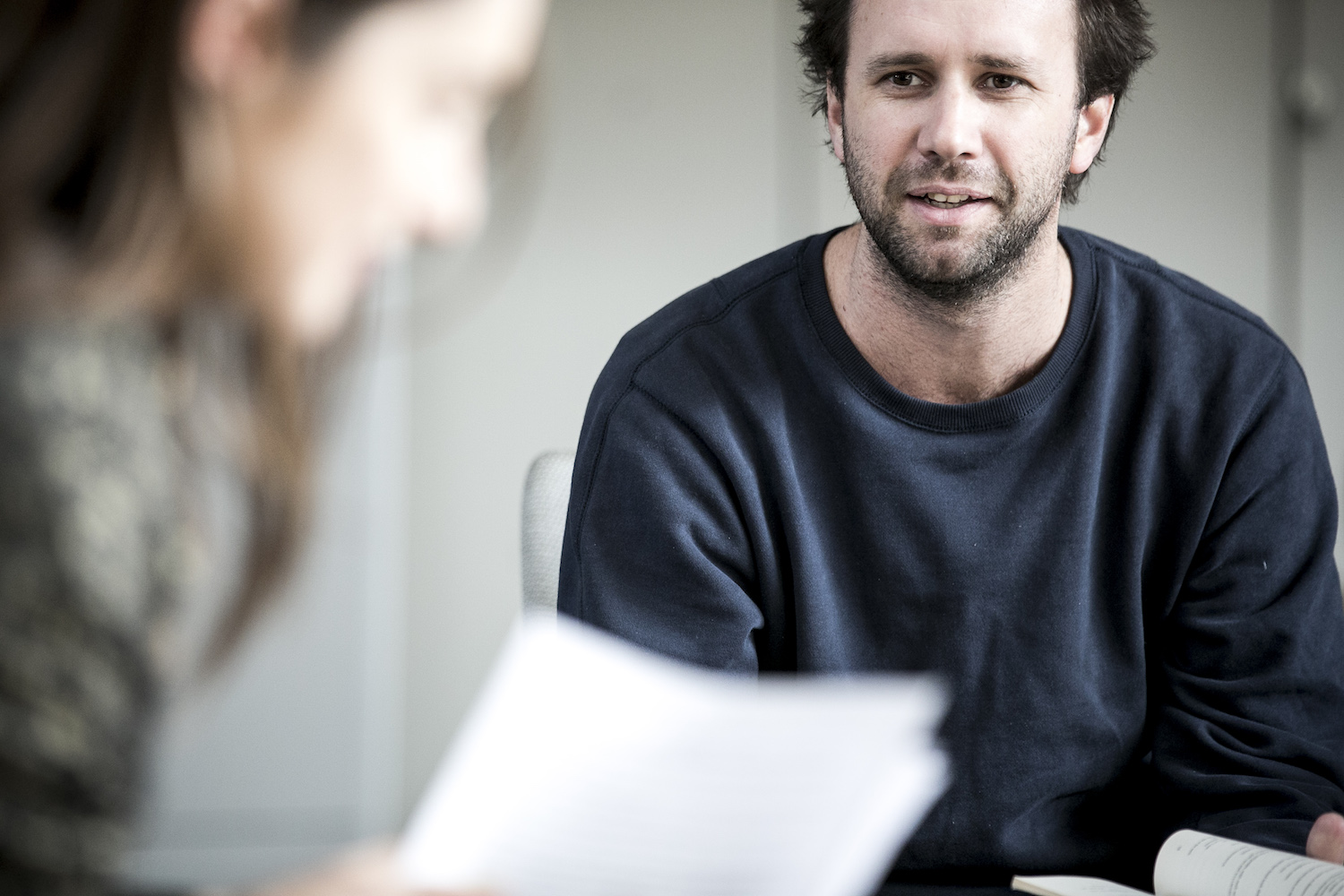
Flack during a rehearsal for ‘The Rover’
Soon he will be directing Sami in Paradise for Belvoir. It’s adapted from a 1928 play by Nikolai Erdman called The Suicide. Despite the grim title of the originating work it’s actually a Russian farce “taking the absurd logic of the Russian Revolution in order to create comic ridiculousness”. Flack transposes the Stalinist spike to a contemporary setting, a displaced persons’ camp. That could sound worthy but Flack says what he loves in the play is “the madcap and exuberant nature of it. I think theatre can do that like no other art form can.”
“Comedy is underrated,” he says. “It’s a great way to disarm, to smuggle in incisive critiques, especially when we seem to have these immovable situations. Australia has this weird panic about asylum seekers. It’s such a knotty, pent-up, uptight society really. Any way we have to release those things we should go for. Nice bourgeois entertainment it is not. Real comedy and tragedy can mix together.”
Absurdism and surreal edges underline much of Flack’s work as a director, as well as a desire to create works that engage with the moment and bring pressure to bear – from the unreal and strange outlines of theatre – back on to the ‘real’ world. Again, though, Flack returns to the physical space of Belvoir as an imperative that connects the stage with the audience. Towards the end of the year Judy Davis will direct husband Colin Friels along with Pamela Rabe and Toby Schmitz in August Strindberg’s The Dance of Death. Flack is dubious about relating it to Sami in Paradise to articulate any homogenous artistic vision behind the year, “but they do have this robust person-to-person wildness. And that really works well at Belvoir.” He shrugs a little. “Interior, gentle plays – they feel like the volume is turned down way too low on that stage.” Random by Zahra Newman, in an encore season in the smaller Downstairs Theatre, is yet another example of this Belvoir energy; a study of violence and its impact on a family that Flack calls “virtuosic” and “formidable”.
Flack has also opened the Downstairs Theatre “to independent artists for the first time in seven years.” He calls the approach for this new and independent 25A season “a flat-pack production model” where practitioners will basically access the space for nothing. “It just means the artists are free of the financial burden.” Making 25A a real hothouse for new and innovative artists. Greater Sunrise, about an aid worker in East Timor, and The Readers, based on the real-life experiences of two electricity meter readers and coping with a low-income life when you’re young in Sydney, make for a very strong start.
Looking across this year – from Judy Davis directing to Zahra Newman’s solo show, from actors like Genevieve Lemon in A Taste of Honey to Kate Mulvany in Ibsen’s An Enemy of the People – the Belvoir stage seems dominated by female titans. It was not an especially conscious thing, Flack admits. “But I will say this for the public record, the women acting now in Australia are just more interesting than the men. Especially that generation of women actors in their 30s… I don’t know why that is.”
Flack can live with that question. And a few more to come.



